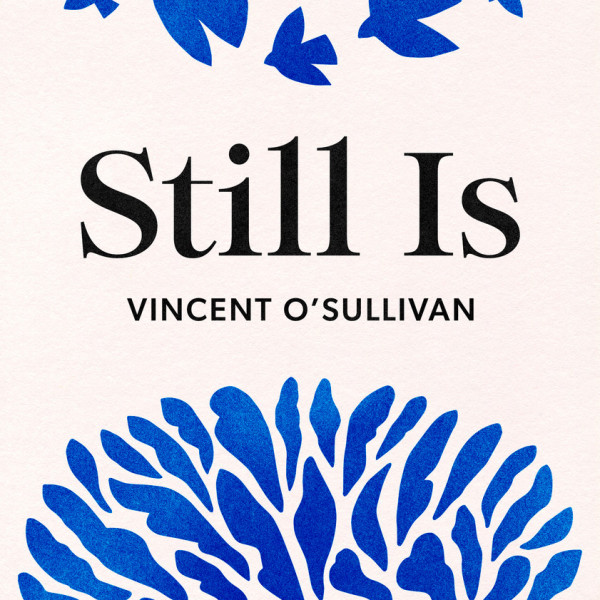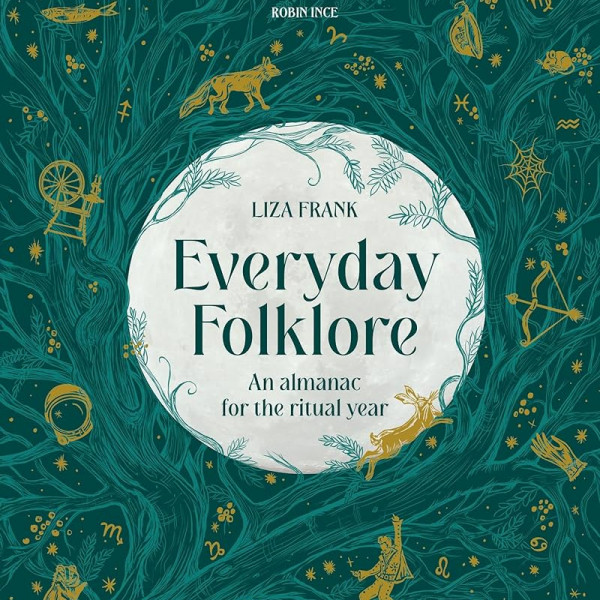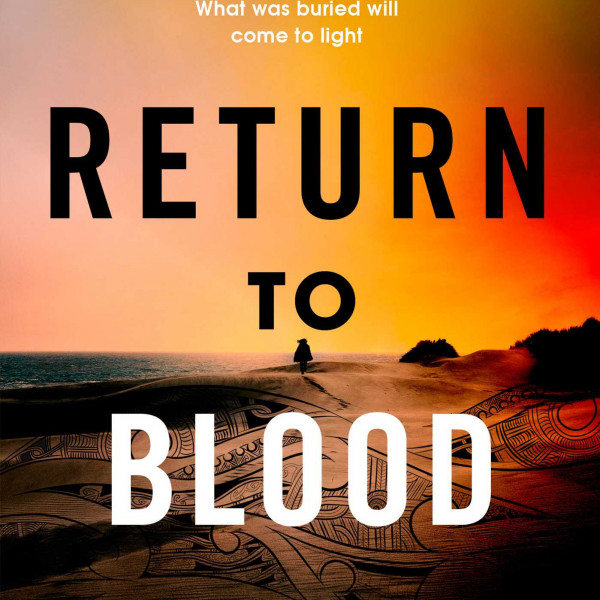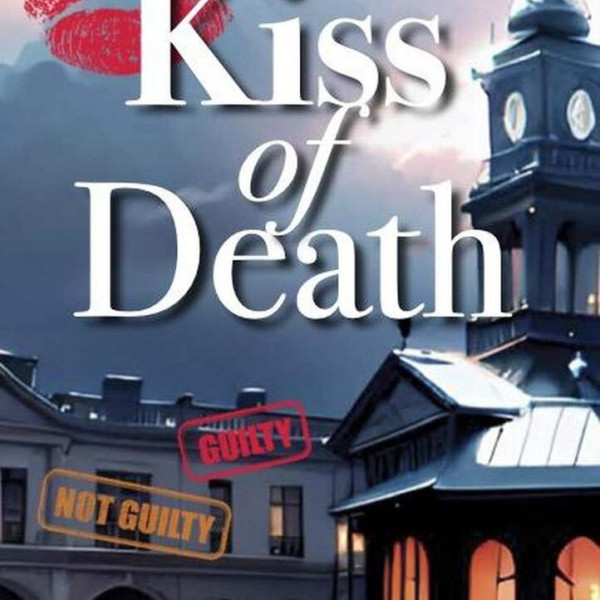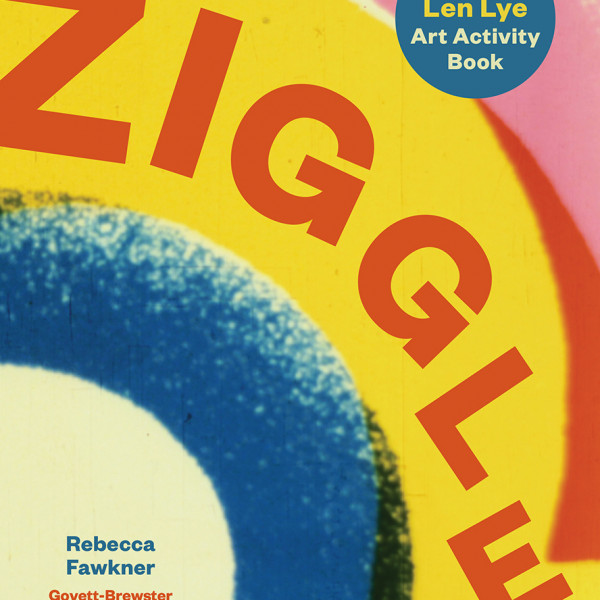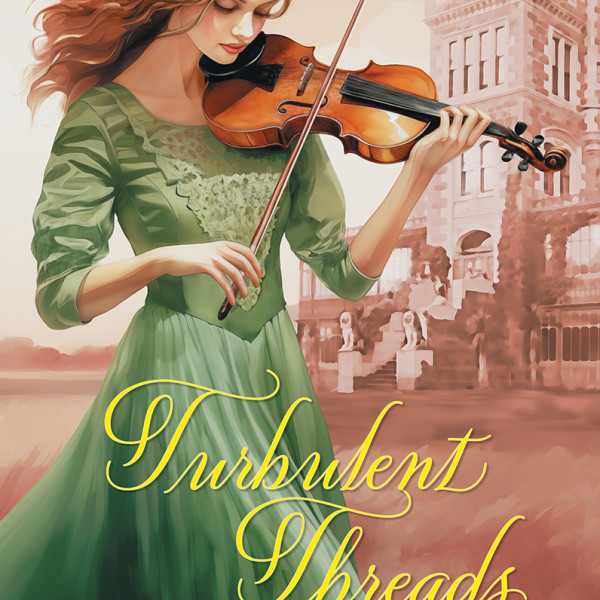
Turbulent Threads was the perfect accompaniment to a languid weekend, of which lately, there seem to be few. The main protagonist stands tall on the cover with her pensive gaze and violin in hand with the promise of a tale to tell. Set in Victorian Dunedin in the last decade of the 19th century, Turbulent Threads was a fulfilling read that took me back to a different time – one so vivid, it was easy to imagine early life in New Zealand.
In Greer Gillies, author Karen McMillan has brought to life a young and spirited woman who is an accomplished seamstress and violinist, educated and wise yet simultaneously naive, sheltered, and inexperienced. Left to fend for herself at Larnach Castle, Greer’s talents and desires seem destined to crumble as a humble servant after the sudden death of her beloved father.
At Larnach Castle, Greer easily falls prey to the charms of a wily and handsome swindler but is blinded to the merits of a genuine suitor, patiently waiting in the wings. Her resilience tested time and again, she is spurred on by the dream of a different life where her talents, desires, and skills know no limits.
Greer finds hope in friendships and love as she dares to be different in a time when attitudes towards women were slowly starting to change, but not soon enough. Women were fighting for the right to vote, to be seen as worthy contributors and people in their own right. Turbulent Threads offers a transformative glimpse into an era of change.
In what became a one-sitting read, I found myself wanting a little bit more drama, but was still engrossed all the same by the muti-layered characters and detailed prose.
Turbulent Threads is a sweeping coming-of-age tale of a young woman succeeding in the face of adversity, forming enduring friendships, and forging a progressive path.


